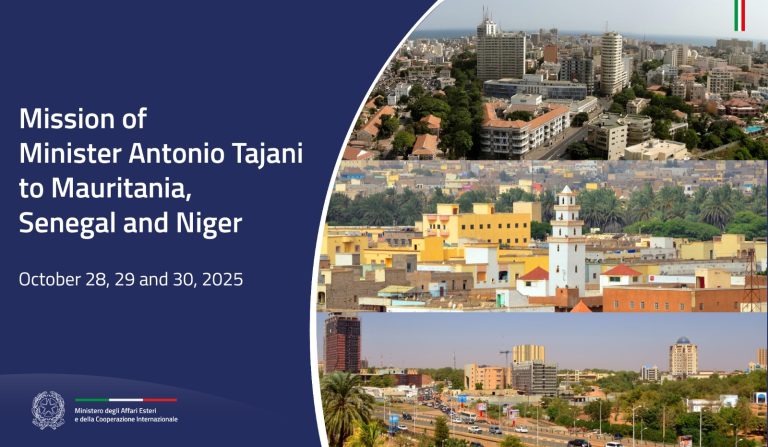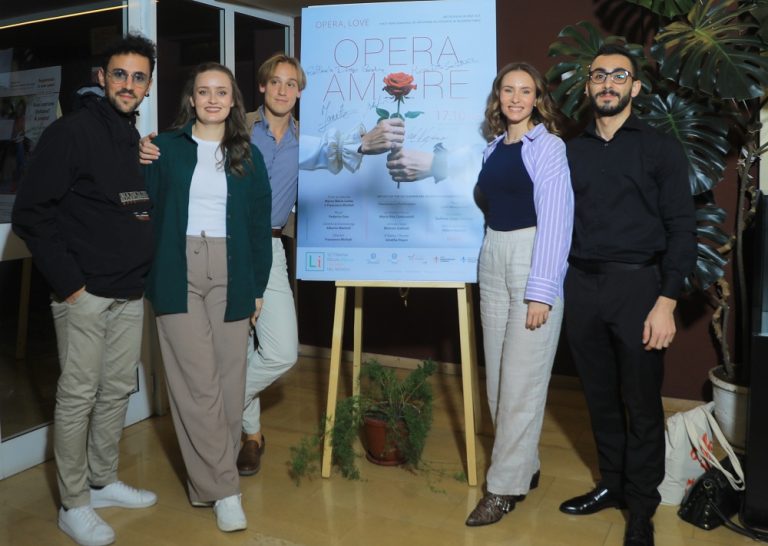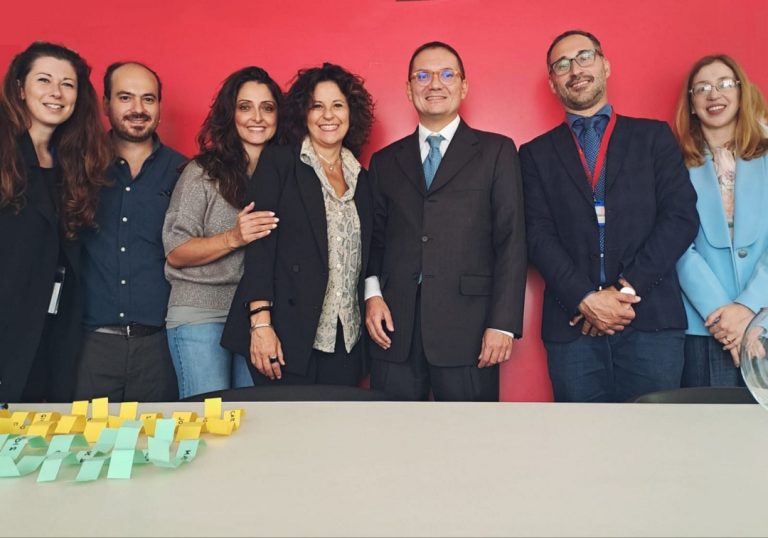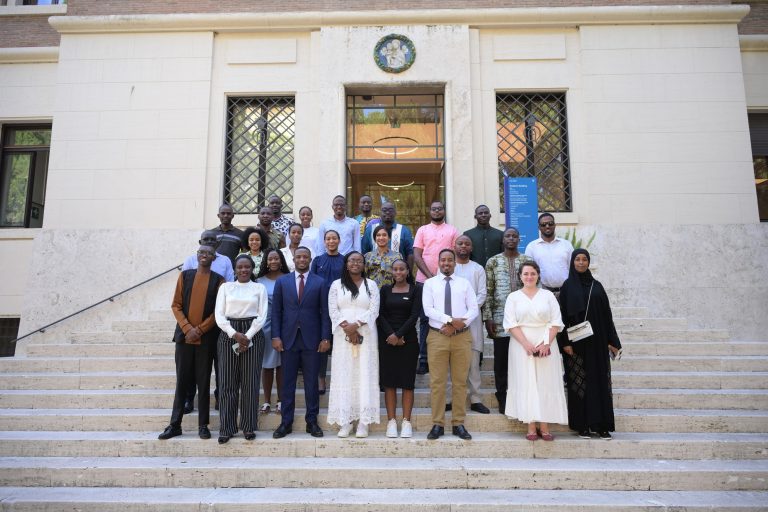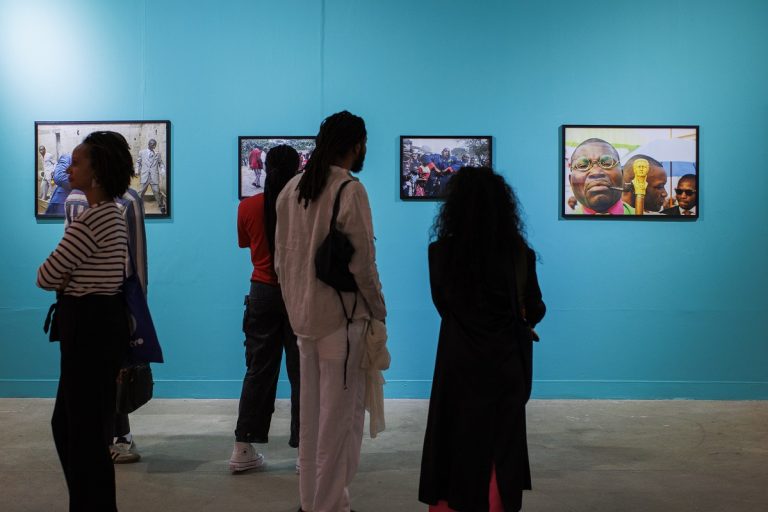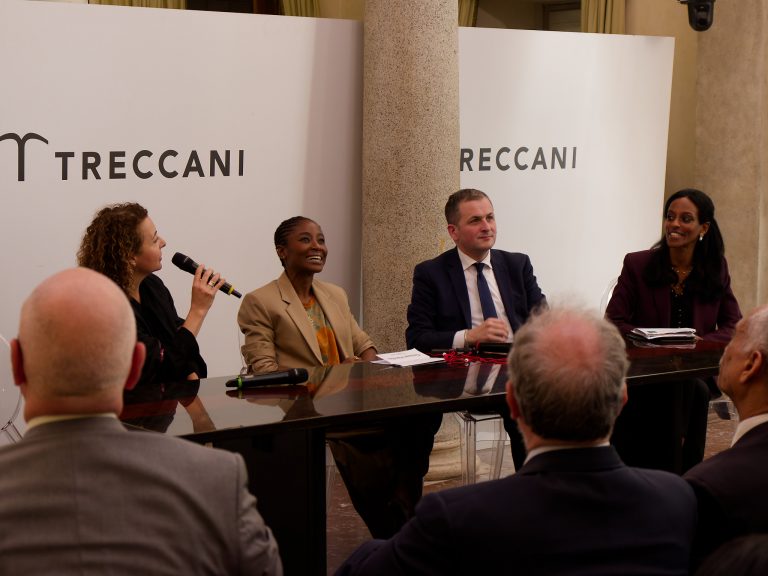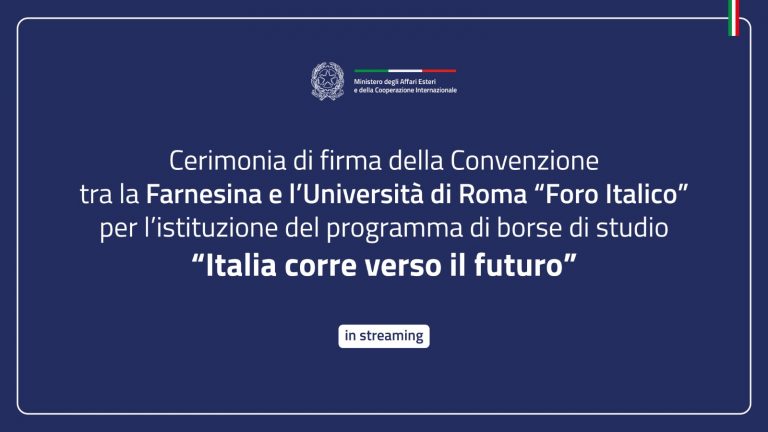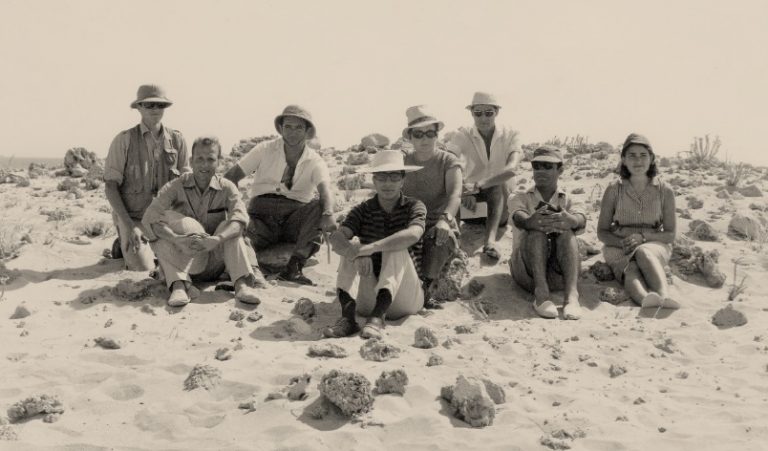In August of 2012 in Marikana, South Africa, the police opened fire on a group of miners in protest: 34 people were killed in the turmoil. These tragic events are told in “Marikana. Il Sudafrica e la fine del sogno arcobaleno”, a book edited by Raphael D’Abdon (published by Aviani&Aviani, Udine 2015) which will be presented next 8 February (6 p.m.) at the offices of the Dante Alighieri Society in Johannesburg (n. 62, Houghton Drive, Johannesburg). The event is organised by the Italian Cultural Institute in Pretoria in partnership with the Dante Alighieri Society in Johannesburg. The presentation of the book will be attended by some of the poets who contributed to the book, who will read their poems. In addition to Raphael d’Abdon, poet, translator and curator of the book, and Anna Amendolagine, director of the Italian Cultural Institute in Pretoria, some of the contributors who have assured their attendance are: Sarah Godsell, historian and poetess and Heidi Henning, writer and poetess, both from Johannesburg; Philippa Yaa de Villiers, South African poetess and playwright and the Italian Laura Visentin, from the ONLUS Time for Africa, who will be there to present the cooperation project designed to support the communities of Marikana. Raphael D’Abdon is an academic of the University of South Africa and an Italian writer who has been living and working in the African Country since 2008. The book that he edited, which was first published in English in 2013 with the title “Marikana. A Moment in Time” and subsequently translated into Italian, contains a collection of poems, short stories, articles and essays on the tragic events that occurred in Marikana. The book raises questions on what actually happened in the massacre and how it affected and will continue to affect the so-called “Rainbow Nation”. The book contains 34 texts written by 30 authors from 5 Countries (South Africa, Lesotho, Italy, Kenya, and United States). All the proceeds from the sale of the book shall be devolved to the Combined School, one of the two compulsory education schools in Marikana, which is attended by many of the boys and girls who lost relatives and/or friends in the massacre.

